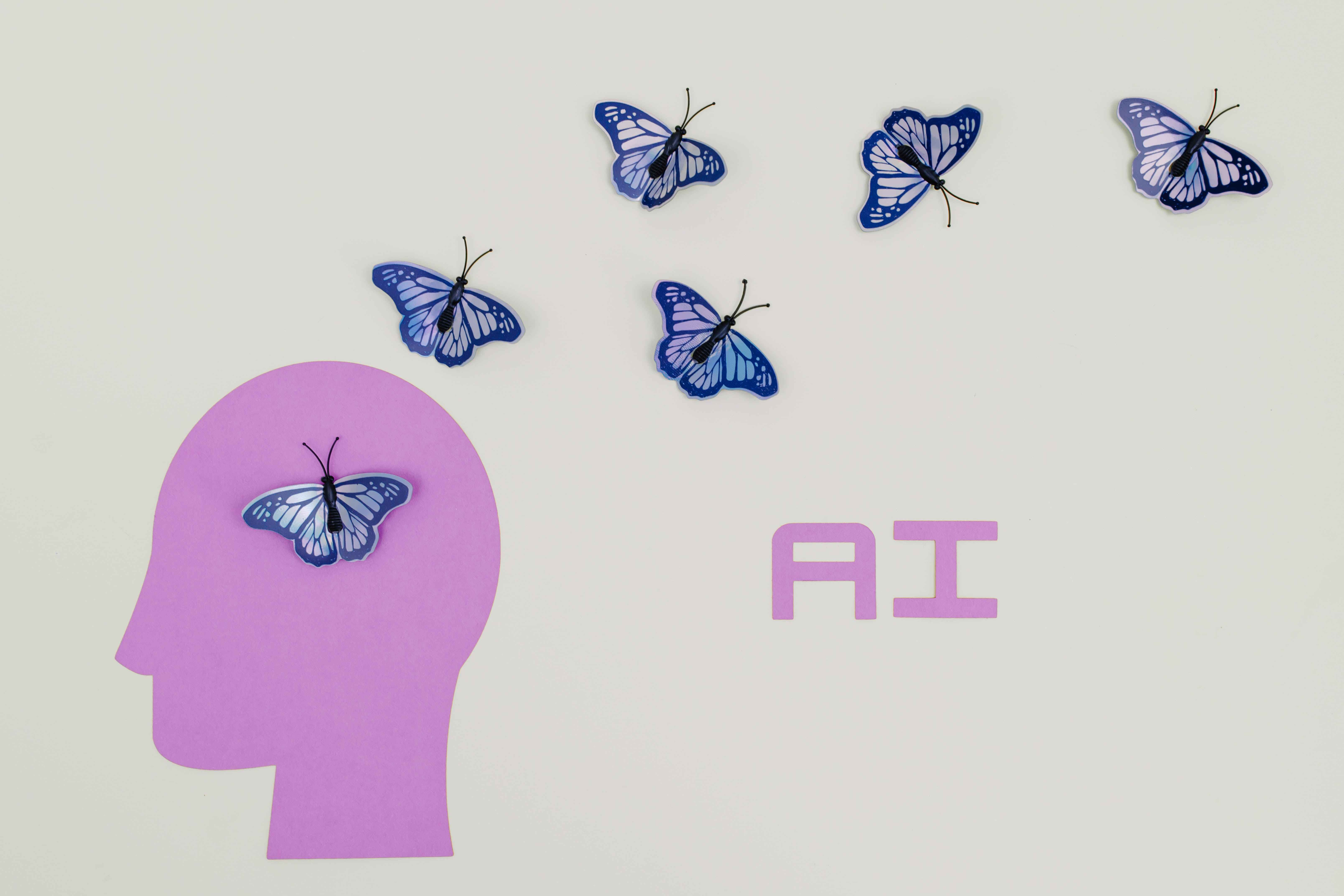Over the last few years, the HR industry has helped organisations navigate significant challenges like the pandemic and the shift to remote work, a highly competitive jobs market and major technological advances in our work.
As we move through 2024, we will see these themes evolving. The employee experience will be about more than just being able to work remotely; the labour market is slowly rebalancing, creating the need to focus on retention rather than recruitment, and HR teams will be part of a cultural shift around how we work with AI.
Let’s look at the five top HR trends for 2024 in more detail.
Focus on Retaining Talent
According to the Office for National Statistics (ONS) figures in December 2023, while still above pre-pandemic rates, the number of vacancies fell for 17 months running. While recruitment will always be significant for HR teams, fewer vacancies to fill frees up time to focus on retaining the talent already employed.
In 2024, effective talent management teams will revisit their employee retention strategies, looking at factors such as:
- Ensuring career development programmes are fit for purpose, deliver new skills and internal mobility
- Offering personalised employment packages including flexible working, mental health support and benefits appropriate to their personal lives
- Introducing employee engagement initiatives, such as communication strategies, a genuine commitment to employee well being, and recognition and reward schemes
- Developing middle managers to coach and mentor staff, as well as demonstrate leadership skills such as emotional intelligence, which encourages their teams to feel valued
Evolving the Learning & Development Culture
Leading and supporting a corporate ethos that fully integrates new technology into training and education initiatives is a key theme for HR practitioners in 2024. Changes in technology provide a unique opportunity for employees to both upskill (get new skills to do their current roles better) and reskill (learn new skills that may sit adjacent to their current position). Upskilling and reskilling benefits businesses by ensuring employees have the right skills to do their jobs to the best of their ability.
In 2024, HR teams with a strategic vision for learning and development can use data analysis and AI-enabled apps and software to develop new training programmes for the workforce. Using these technological advances, training programmes can be personalised to exactly what individuals need and want to learn about, and administrative tasks such as scheduling and record keeping can be automated, thereby saving time.
The Next Stage of the Employee Experience
Another of the key HR trends that will shape our professional landscape in 2024 is all about employee experience. As HR professionals know, the ’employee experience’ is a general term used to describe the overall working environment in an organisation. A positive employee experience ensures higher productivity, greater creativity, better business performance, and an increased likelihood of businesses meeting their objectives.
Over the last couple of years, HR management teams have grappled with permanently integrating flexible working into the employee experience. The (at times) radical changes in where and how employees work have led to an approach focused on individual employees. This personalisation of the employee experience will continue in 2024 to include:
- Plans for individual employees covering their working arrangements, fair compensation and benefits, and customised training programmes.
- Celebration and support for employees’ personal lives, including an awareness of their mental and physical health, the impact of the cost of living crisis on them and knowledge of issues that affect them with specific packages available as necessary.
The employee experience also includes a company’s position regarding diversity, equity and inclusion (DE&I) and corporate social responsibility (CSR). In 2024, business and HR leaders will continue the work of previous years to ensure that workplaces are inclusive and diverse and to hold businesses accountable for their environmental and social commitments.
Harnessing the Power of New Technology
Many agree that 2023 was the year artificial intelligence (AI) went mainstream. In 2024, HR teams will work closely with other teams to fully embed AI-enabled tools into working life, helping employees work faster and differently. Integrating new ways of working involves running change management programmes and leading training and development initiatives, two areas for which HR teams are responsible.

However, for HR teams, AI is about much more than change management and training people. In 2024, HR teams will encourage teams to experiment with the new technology while playing an important role in managing the issues around AI. HR teams will ensure safeguards are in place to protect personal data, corporate liabilities and misuse or bias in AI-generated content. HR teams can also lead the conversation around keeping emotional intelligence, creativity and the ability to make an appropriate judgement call at the centre of business decision-making.
How to properly deploy and integrate AI into the workforce is one of the key trends in HR for 2024, but it will also impact the day-to-day work of HR teams. In 2024, HR professionals will become more digitally active and agile as they integrate AI technology into their jobs in a balanced and appropriate way.
From scanning CVs of job seekers without bias to chatbots being able to answer common onboarding queries, and from software that customises training plans and automatically schedules sessions to programmes that analyse employee surveys and performance reviews to identify trends in employee satisfaction, the potential impact of AI-enabled tools on the work of an HR team is huge.
Repositioning Human Resource Management
The advent of AI allows HR teams to reimagine how they work and offers an opportunity to reposition the role of the HR industry within the broader business sector. In 2024, HR can finally shed its image as purely a support or damage limitation function and move into the strategic driving seat. By building on their solid foundation – an intimate knowledge of the complexity of the people side of the business – HR teams are uniquely positioned to take the lead on how AI and data can change how different areas of business function.
As discussed earlier, HR teams can significantly alter how they work with the new technology available, freeing up their time to concentrate on “high touch” interactions where they can make strategic contributions to company culture. Employee experience, leadership development, and talent acquisition and management will be critical areas for HR teams to harness new technology and lead the way to drive change across organisations.


